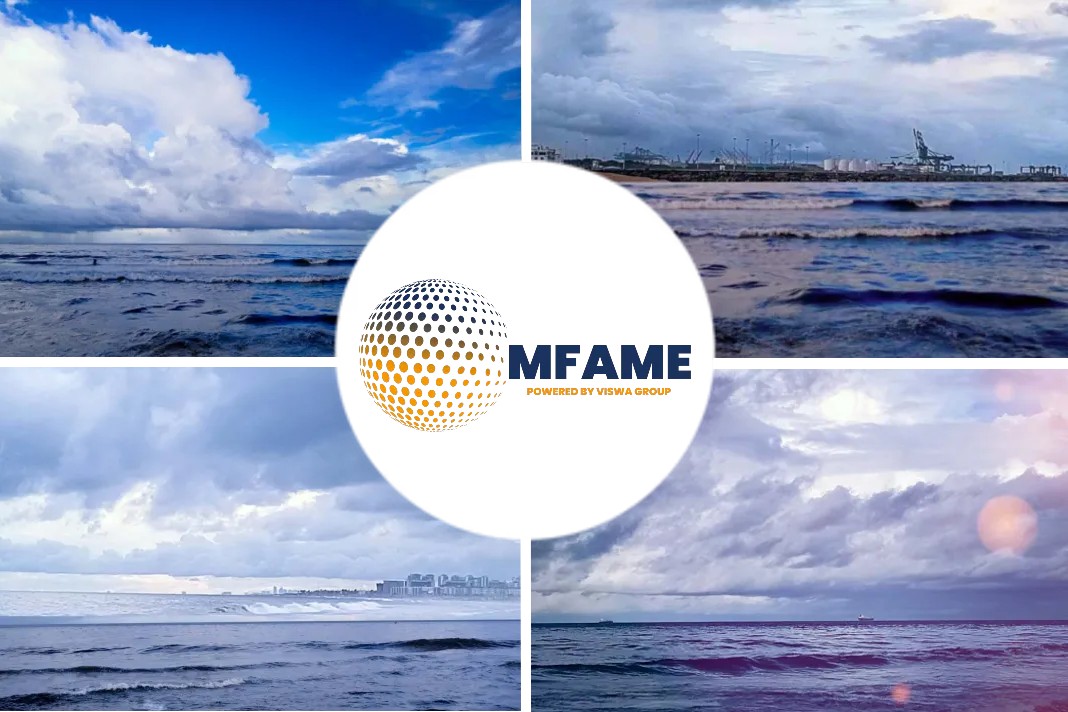- Europe’s energy crisis has already cost governments tens of billions of dollars and a looming confrontation with Russia would only make that worse.
- European households are already set to see a 54% increase in the cost of gas and electricity despite the best efforts by governments to keep prices down
- Russia provides about 40% of Europe’s natural gas, and if Russia does invade Ukraine and European governments respond with sanctions, there is a chance that supply could be cut off
Cracks in the NATO alliance regarding sanctions for Russia should President Vladimir Putin order troops into Ukraine are in large part based on energy supply concerns, reports Axios.
Why it matters?
Russia holds tremendous leverage over some European countries because it provides roughly 40% of Europe’s natural gas supply. In Germany, this figure is greater than 50%.
- Should Russia choose to cut off the supplies in the middle of winter in response to the imposition of Ukraine-related sanctions, energy costs would skyrocket and millions could shiver amid power outages.
- This would put pressure on political leaders to weaken the sanctions.
Between the lines
“It’s going to be an incredibly hard sell in any European country, to say that you have a 10 times higher energy bill and we feel as though our supply is not plentiful enough, because of Ukraine,” Kristine Berzina, of the German Marshall Fund’s Alliance for Securing Democracy.
“That is what is going to break [NATO] unity,” Berzina, a senior fellow with the group, told Axios.
Driving the news
In order to diminish Russia’s energy leverage, the U.S. is working overtime to boost commitments to deliver liquefied natural gas for Europe from around the world.
- According to CNN as well as reports in Bloomberg and FT, the Biden administration is scouring the globe for companies and countries — including LNG export heavyweight Qatar — to add more deliveries to Europe in the event of any shortages.
- In securing more natural gas for Europe, the U.S. is hoping to shore up allies’ resolve in the face of potential Russian aggression.
Yes, but: With the White House warning the Russian military could begin action against Ukraine at any moment, the gas may not arrive in time to stave off shortfalls.
Threat level
There’s already an energy crunch in Europe, due to global factors and recent Russian actions.
- The region currently has the record lowest level of stored natural gas supplies for this time of year, and electric power prices have already climbed steeply.
- Germany, which has long viewed Russia as a reliable provider of natural gas despite policy differences, is a key country to watch given its vulnerability to supply disruptions.
- According to the International Energy Agency, European gas markets show signs of “artificial tightness,” noting that Russia reduced its gas exports to Europe during the fourth quarter of last year compared to 2020, despite higher market prices in 2021.
- Berzina said the current crisis is one that “Russia has laid the groundwork for.”
The big picture
A Russian invasion of Ukraine and the U.S. and an allied country response would have ripple effects beyond Europe, exacerbating inflation and roiling global energy markets.
There’s potential for boosting LNG supplies into Europe if the Ukraine crisis causes reduced flows or supply interruptions, but it’s not a silver bullet.
What they’re saying
“Europe has already taken in a lot of U.S. LNG, although some of it still goes to Asia. There is some LNG exported from Africa that is going to Asia; that could be rerouted to Europe,” Nikos Tsafos, an energy expert with the Center for Strategic and International Studies, said via email.
“The big balancer is Qatar: 83% of December exports went to Asia. That’s the gas Europe will try to grab. There are limits to how much can be rerouted, but even a modest shift could make a big difference,” adds Tsafos, who charted recent global flows.
Goldman Sachs analysts say record high northwestern Europe LNG imports this month don’t offset reduced Russian inflows, “underscoring that the supply shortfall in the region has not been resolved.”
“[S]hould tensions between Russia and the Ukraine escalate, the initial uncertainty around its impact on gas flows would likely lead the market to once again add a significant risk premium to European gas prices,” they said in a note.
The bottom line: “There’s no magic wand,” an unnamed U.S. official tells the FT, citing LNG companies’ contractual obligations with Asian buyers and other constraints.
Did you subscribe to our daily Newsletter?
It’s Free! Click here to Subscribe
Source: Axios
















